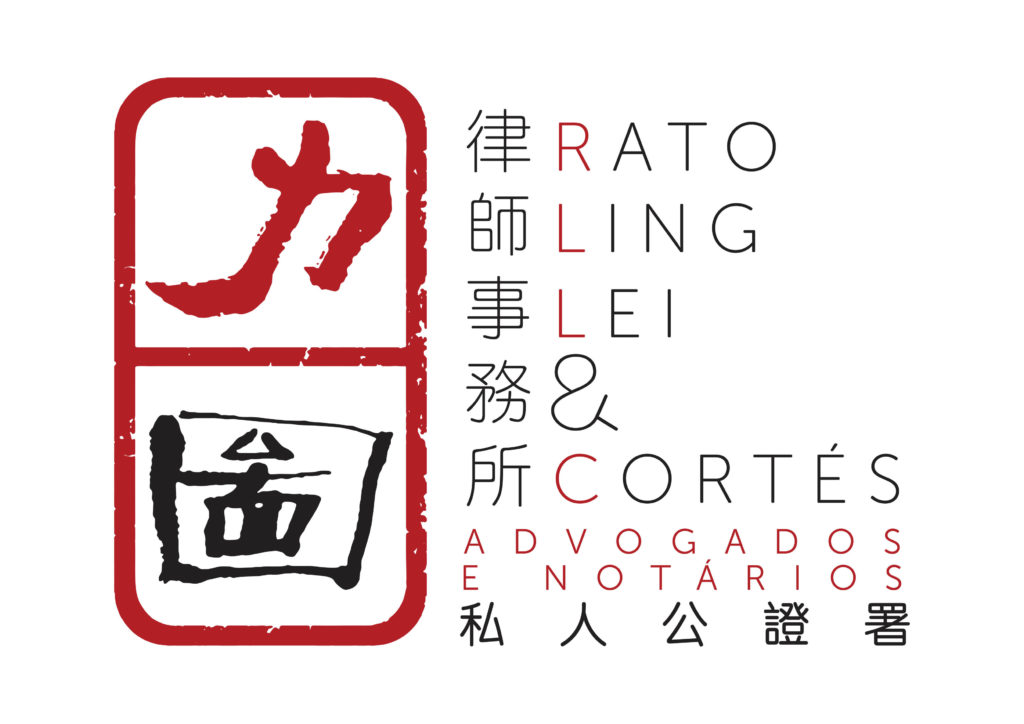Quick search
CTRL+K
Quick search
CTRL+K


Since 2010, the Global Law Experts annual awards have been celebrating excellence, innovation and performance across the legal communities from around the world.
posted 6 years ago
Abstract
The financial system framework
of the Macau SAR was put in place around a quarter of a century ago and remained largely unchanged.
Over the years, the banking and financial services industry has played
it traditionally, conventionally and standardly. But lately a series of actions
were taken in relation to payment service and the legal-financial communities
were reignited with excitement. The legal figures of Other Credit Institutions
and Other Financial Institutions foreseen by the Legislator in 1993 could be
viewed as leaving an unlimited space for the said framework to be permeable to
the ever-changing financial world.
Keywords
Macau,
Payment Service, Electronic Purse, Financial System Act, China
Introduction
The financial system in the
former Portuguese territory of Macau—since 1999 the Macau Special Administrative
Region—was put in place around a quarter of a century ago when the Financial
System Act (“RJSF”) came into force and remained largely unchanged until 2017; well
after the 1999 transfer of sovereignty over Macau to the People’s Republic of
China.
Despite several challenges in
the past three years—some attributing its causes to instability in the global
financial markets and to China’s capital controls—the economy of Macau has
blossomed in the past decade compared to other economies over the same period. As
drivers of any economy, the banking and financial services industry has also
taken part in the economic expansion of Macau. The industry has been steadily growing
since the area’s handover. Acting within
the legal and financial framework of Macau, the banking and financial services
industry has been conventional. However, in late 2016 and throughout 2017 a
series of actions taken in relation to payment services reignited debate in the
legal/financial framework of Macau.
Unlike
some critics who have been labeling the functioning legal and financial
framework as a legal impediment to financial innovation and change, we would suggest
that the following actions described could mean innovation in the industry,
thanks to Articles 1/b) and 15/d) of the RJSF regarding Other Credit
Institutions and to Articles 1/a) and 118 of the RJSF regarding Other Financial
Institutions.
Recent Actions
In
November 2016, the public company limited by shares GPAP Macau, S.A. was
authorised specifically to provide payment services in relation to bank cards
(original text “prestação de serviços de pagamento adquirentes de cartões
bancários”) under Articles 1/a) and 118 of the RJSF regarding Other Financial
Institutions.
More
recently, in July 2017, the public company limited by shares Uepay Macau
Sociedade Anónima was authorised specifically for the provision of payment
services via the internet and by mobile phone (original text “prestação de
serviços de pagamento através de internet e telemóvel”) also under Articles
1/a) and 118 of the RJSF regarding Other Financial Institutions.
Legal Implications
Under
the RJSF, payment services fall into the specific category of financial
services that can only be provided by “those financial institutions which have
been properly constituted and authorised under the terms of this Act or special
legislation”[1]
meaning that such services can be provided by fully licensed banks and other credit
institutions and other financial institutions as specifically authorized for such
services.
As the
concept of banks has been well established internationally, and payment services
has long been considered an inherent part of the services that can be provided
by any fully licensed bank, no legal operator raises questions as to the legal
capability of banks to provide payment services. However, many legal operators
were intrigued by the reference to “other credit institutions” and “other financial
institutions” as they are non-typical categories and reserved for instances where
the entity does not fit into other categories such as banks, finance companies,
financial leasing companies, investment funds managing companies, etc. In February 2006, a payment services company called
Macau Pass, S.A. was authorised for the issuance and management of electronic
purses (original text “emissão e gestão de cartões porta-moedas electrónicos”)
under Articles 1/b) and 15/d) of the RJSF regarding Other Credit Institutions. Together with GPAP Macau, S.A. and Uepay
Macau Sociedade Anónima, they are the three representatives of “other credit institutions”
and “other financial institutions.”
Conclusion
The
reasons for the success of the banking and financial services industry are
grounded on the stability of the Macau legal and financial framework, in
particular:
·
the Finance Companies Law (Decree Law No. 15/83/M
of 26 February);
the Financial Leasing Companies Law (Decree Law No.
51/93/M of 20 September);
·
the Investment Fund Law (Decree-Law No. 83/99/M of
22 November);
·
the Offshore Activity Law (Decree-Law No. 58/99/M
of 18 December);
·
the money changers rules (Decree-Law no. 38/97/M of
15 September); and
·
the cash remittance companies rules (Decree-Law No.
15/97/M of 5 May).
Other
Credit Institutions and Other Financial Institutions shall be regarded as the
residual categories that have been foreseen by the Legislator in 1993
specifically for the creative and imaginative financial operators, leaving an
unlimited space for the RJSF to be permeable to the ever-changing financial
world: Stock exchange, Bitcoin, Fintech, etc.
This article first appeared in the May 2018 issue of
the Newsletter of the Banking Law Committee of the Legal Practice Division of
the International Bar Association, and is reproduced by kind permission of the
International Bar Association, London, UK. © International Bar Association.
Author


There are no results matching your search.
Resetposted 2 days ago
posted 4 days ago
posted 4 days ago
posted 4 days ago
posted 4 days ago
posted 5 days ago
posted 5 days ago
There are no results matching your search.
ResetFind the right Legal Expert for your business
Sign up for the latest legal briefings and news within Global Law Experts’ community, as well as a whole host of features, editorial and conference updates direct to your email inbox.
Naturally you can unsubscribe at any time.
Global Law Experts is dedicated to providing exceptional legal services to clients around the world. With a vast network of highly skilled and experienced lawyers, we are committed to delivering innovative and tailored solutions to meet the diverse needs of our clients in various jurisdictions.